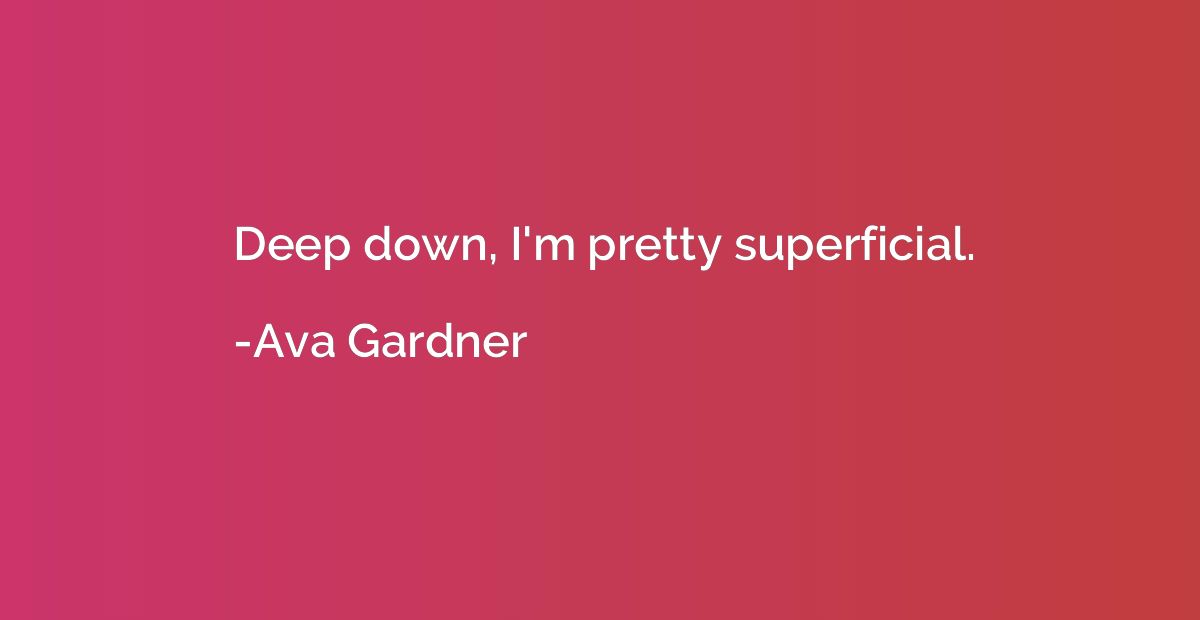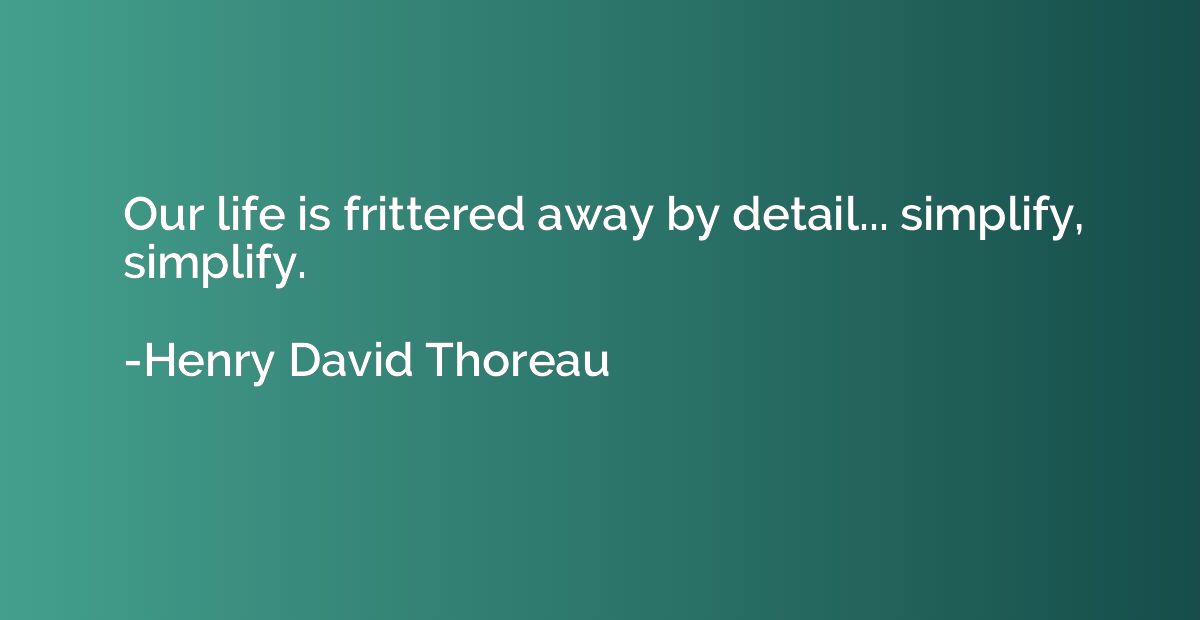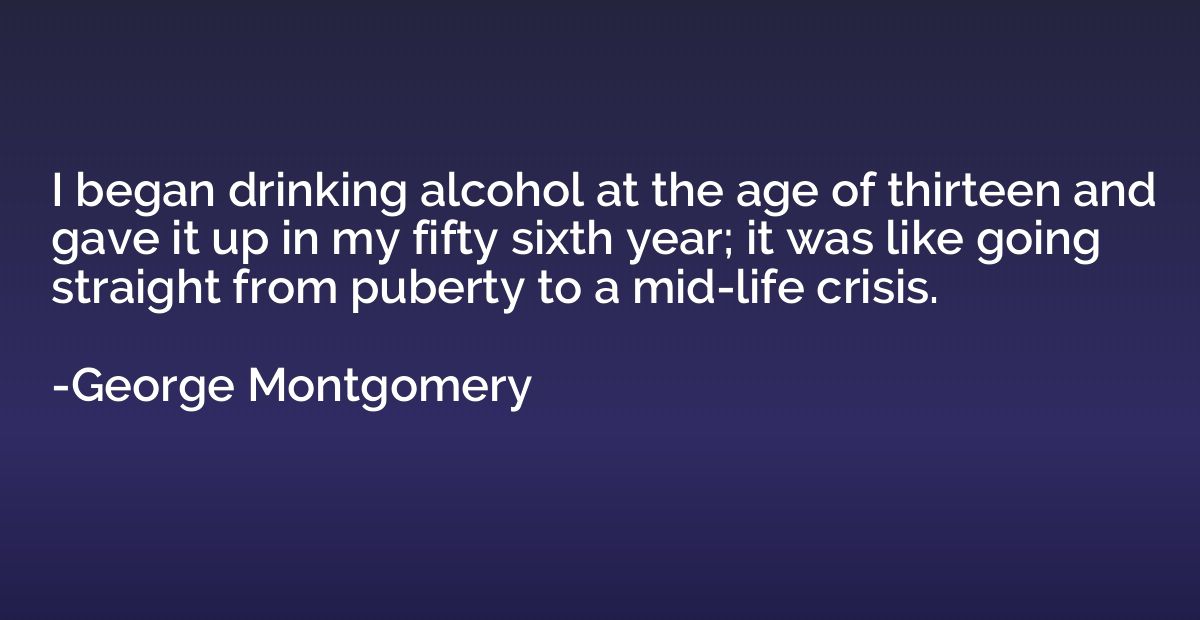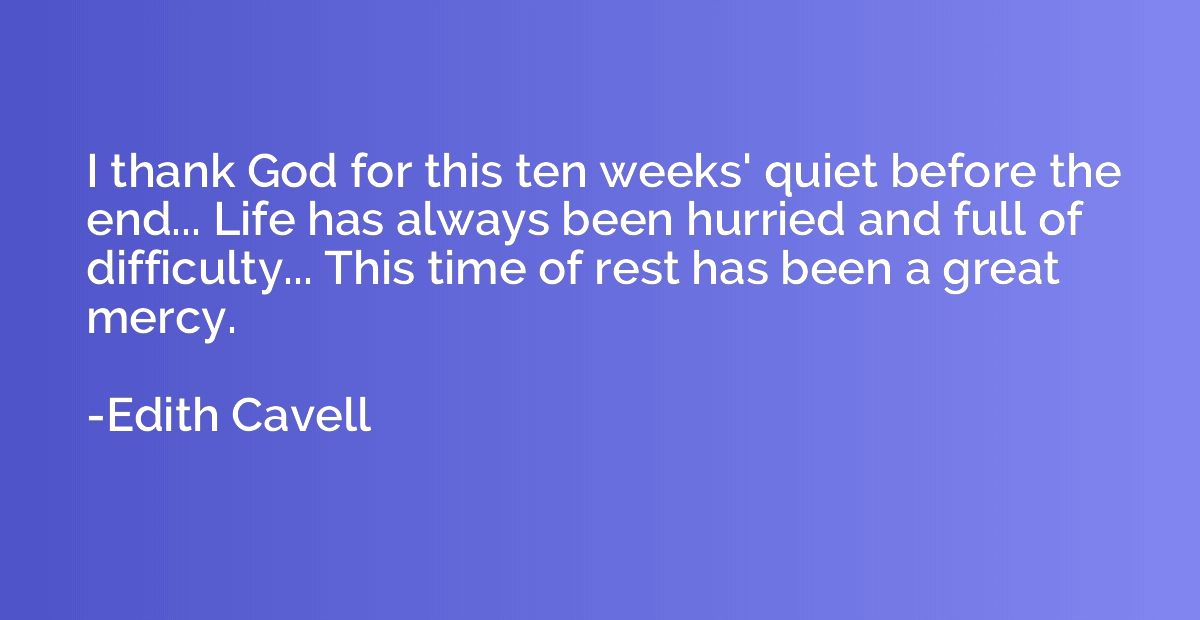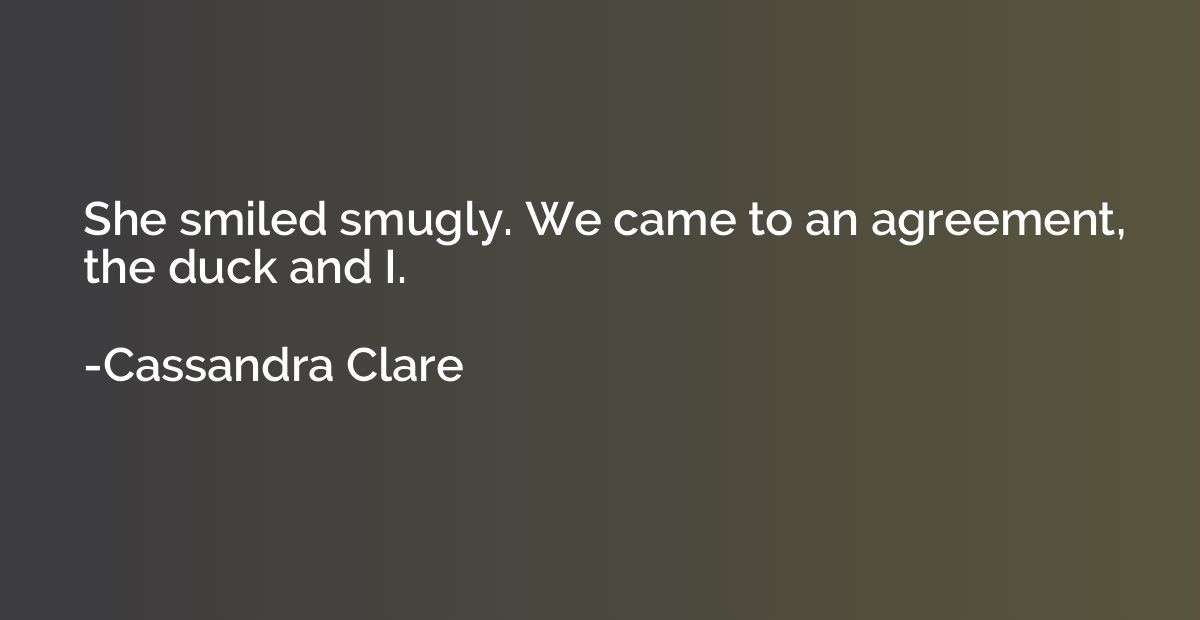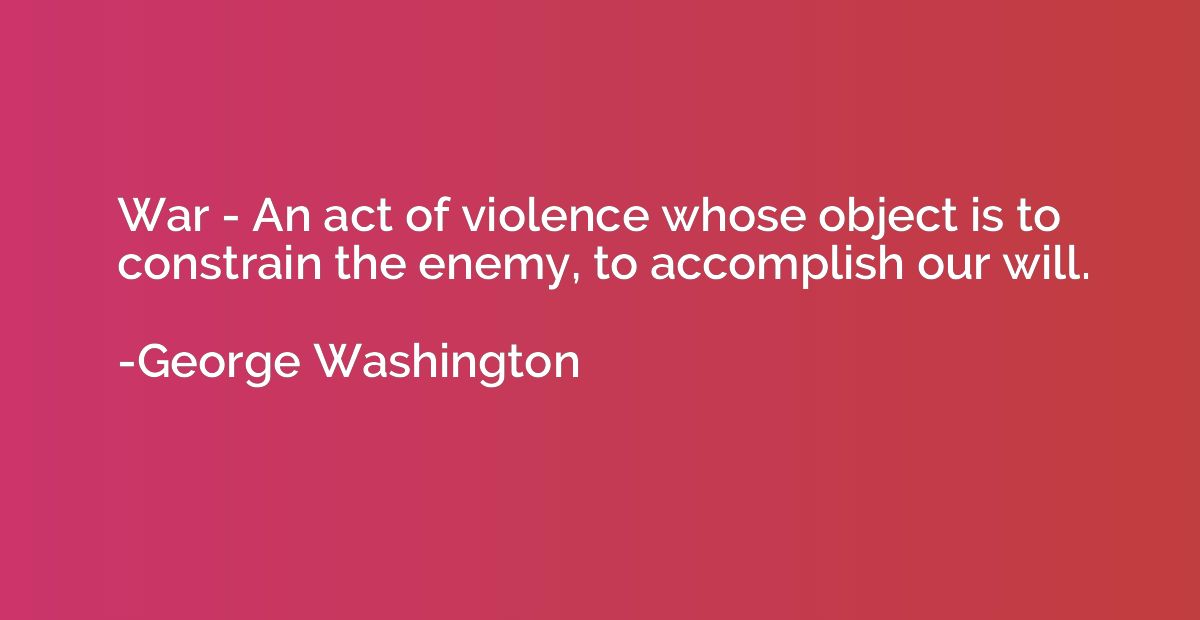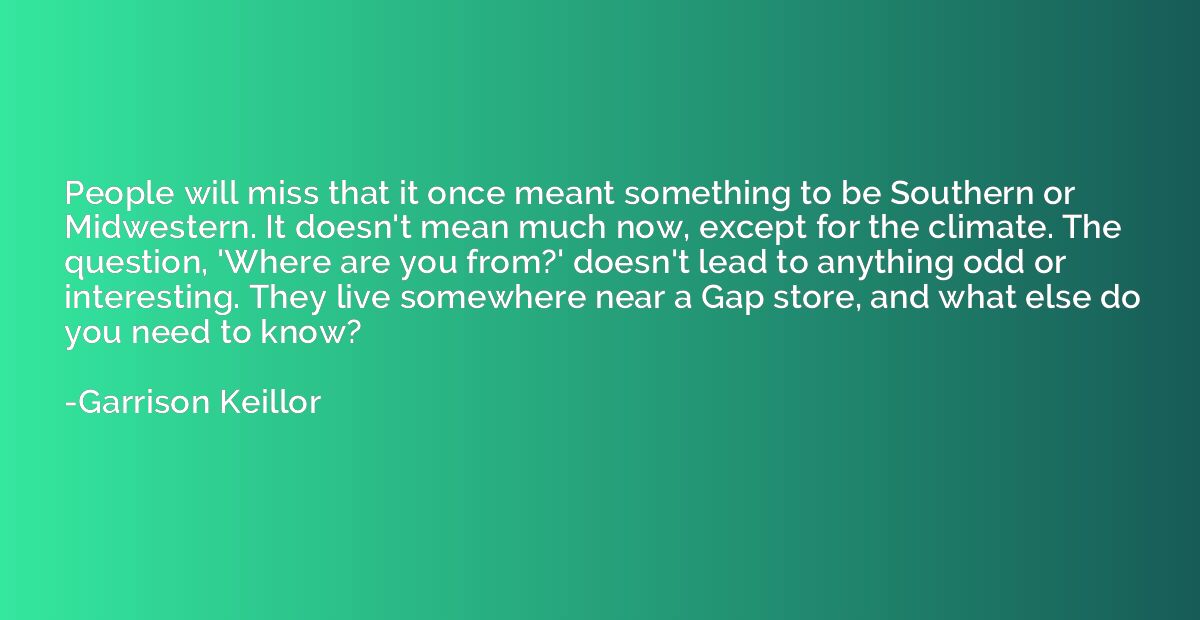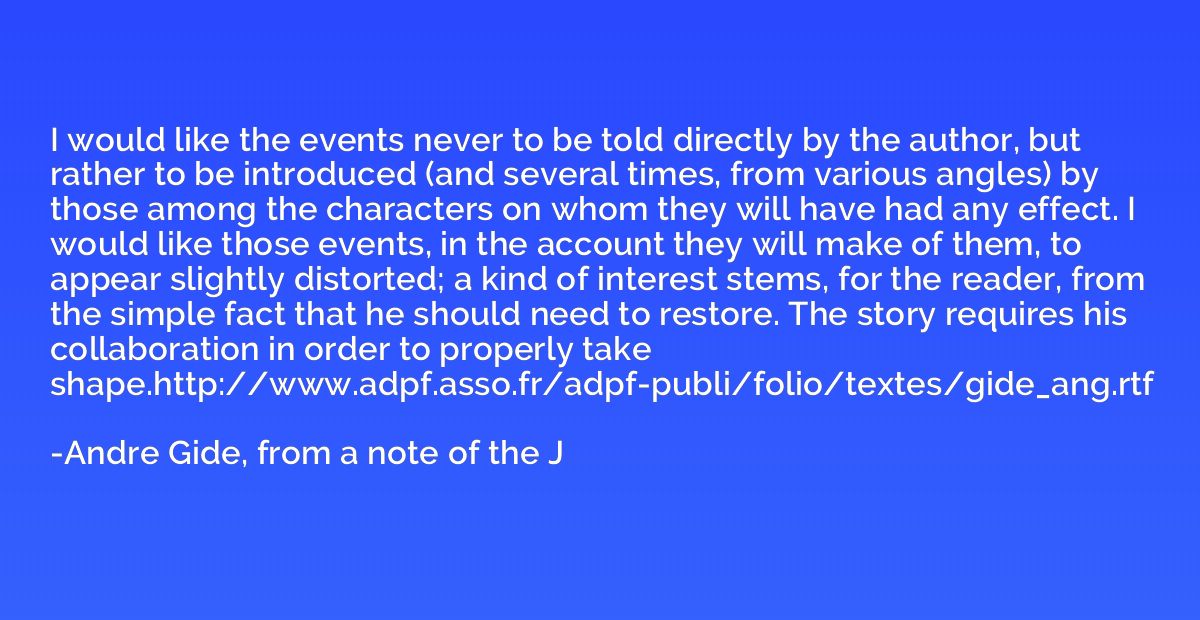Quote by Helen Keller
For, after all, every one who wishes to gain true knowledge must climb the Hill Difficulty alone, and since there is no royal road to the summit, I must zigzag it in my own way. I slip back many times, I fall, I stand still, I run against the edge of hidden obstacles, I lose my temper and find it again and keep it better, I trudge on, I gain a little, I feel encouraged, I get more eager and climb higher and begin to see the widening horizon. Every struggle is a victory. One more effort and I reach the luminous cloud, the blue depths of the sky, the uplands of my desire.
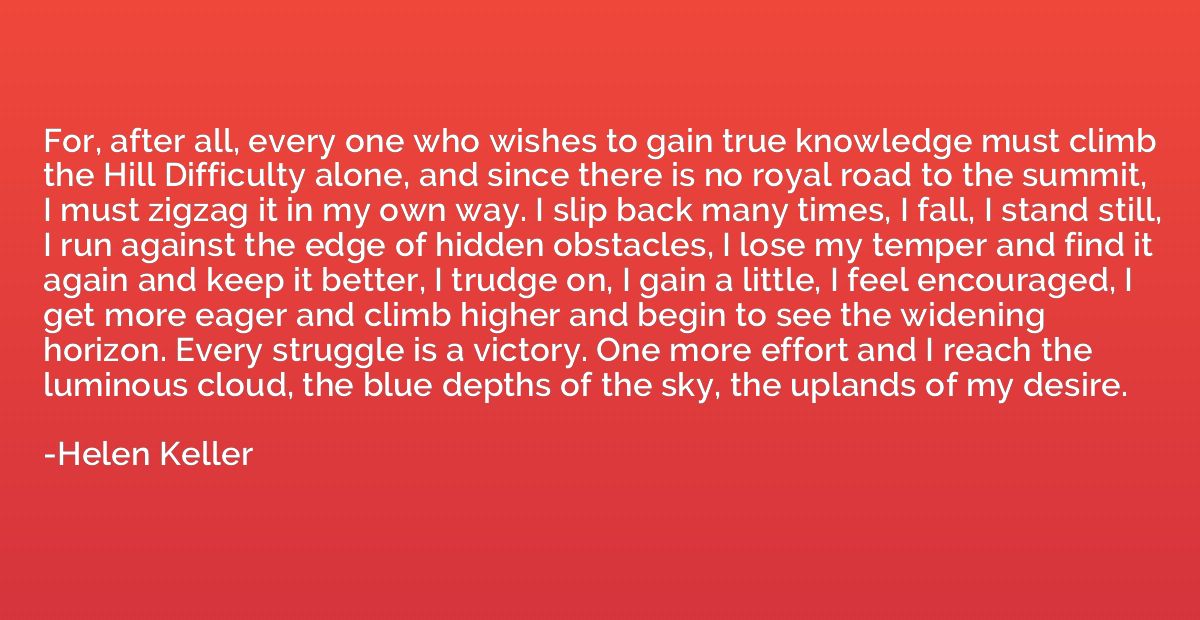
Summary
This quote emphasizes the importance of individual effort and determination in the pursuit of knowledge. The speaker acknowledges that the path to understanding is challenging and filled with obstacles. Despite setbacks and moments of frustration, they persist and push themselves forward, gradually gaining confidence and seeing progress. Each struggle is seen as a personal triumph, motivating them to continue. Through their own unique approach, they eventually reach a point of enlightenment - a metaphorical representation of their ultimate goals and aspirations.
Topics
Inspirational
By Helen Keller



